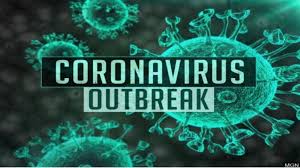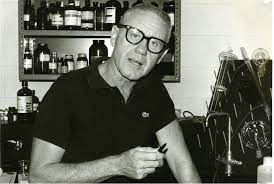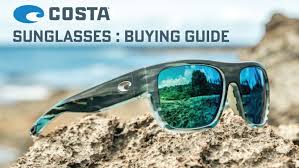
I have a friend and medical colleague who is, I daresay, smarter than me but shares my ethics and attitude toward medicine and the practice thereof. To us, medicine is about the patient in front of us and doing our utmost to provide competent, compassionate care on the same level as we would wish for ourselves and our loved ones.
Our major area of disagreement has been the past three years of the Covid pandemic, more specifically how it has been managed. Unlike me, he bought into many of the policies of the bureaucratic medical establishment exemplified by Drs. Fauci, Birx, Redfield, and Collins. In our friendly debates and discussions about how the pandemic has been managed/mismanaged he answers my opinions and references to multiple sources that I happen to consider credible (see below) with a single response, which is whatever the CDC is recommending. This pertains to wearing masks, social distancing, and, especially the role, effectiveness, and potential dangers of the new mRNA vaccines. He is vaccinated; I am not.
There is room for debate on many fronts related to these vaccines. Never an anti-vaxxer, I approached them with a cautious skepticism. I was skeptical of the rapid rollout, the glowing promises made for them, and concerned regarding the absence of long-term data for something so novel and universally recommended. There is little question that vaccination of the elderly and other high risk persons saved lives by mitigating serious disease, especially during the more virulent Delta variant surge of Covid. I caught Delta and as a healthy, adult over 65, I can say it was no picnic, although I was never hospitalized and recovered, I feel, fully.







